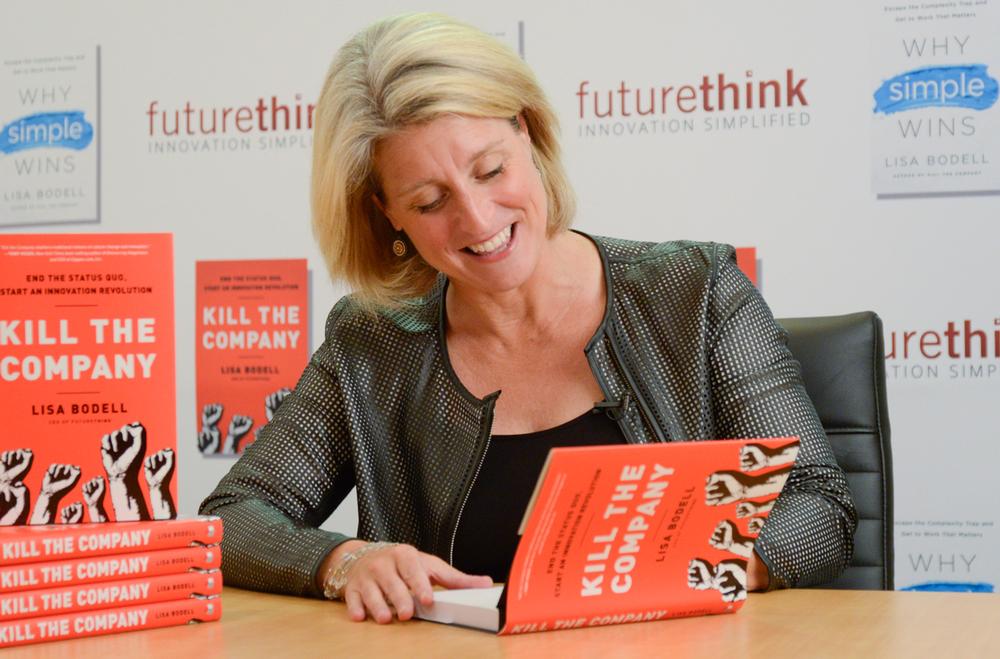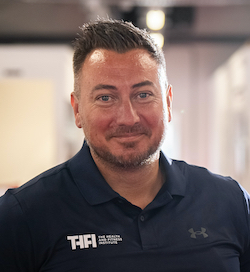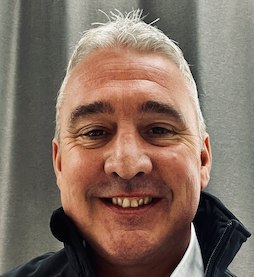Your book is titled Kill the Company. What does that mean?
In many companies, we often stress the need to ‘think outside the box’ and ‘embrace change’. Despite this, few efforts actually manage to transform an organisation into an innovative success. In the end, we revert to the status quo.
Despite our best intentions, most efforts at innovation fall flat simply because the business itself was designed to prevent it. While we encourage creativity, we exist within a system that’s built to discourage it. This is the paradox I bring to light in my book.
The majority of companies, particularly those struggling with innovation, tend to exhibit negative or simply complacent cultures. These are places where bureaucracy, politics and red tape are prominent, and where scepticism has become second nature. These are all red flags of a status-quo environment, which can kill a business.
What solution do you propose?
Kill the Company helps organisations step outside themselves and be free to think creatively about what their needs are. Instead of pondering how to beat the competition, companies should look at how the competition can beat them. This kind of outside-in approach gets rid of what’s not working, and instead creates space for transformation.
Why are innovation and simplification key?
What my book recommends is simple: get rid of things first, rather than building on what doesn’t work. It’s a form of corporate spring-cleaning. The idea is to question assumptions and challenge rules that have outlived their usefulness. Killing these status-quo attitudes makes room for more value-added work, such as thinking.
Too many change initiatives simply add another layer of processes to the to-do lists of already overwhelmed and tired employees. Not this one! Innovation is supposed to make things better and easier, not worse and more complicated. Kill the Company is a guide to simplifying and streamlining, and then building and maintaining a place where everyone’s innovative spirit and energy fuel the firm’s common, long-term goals.
A company that empowers its people to think critically, question relentlessly and act boldly will own the future.
Do you think that innovation can sometimes impose greater complexity?
I don’t think that innovation presupposes complexity. I think that complexity, in fact, can very often interfere with our ability to move forward.
Complexity is actually killing companies’ ability to adapt and innovate, and simplicity is fast becoming the competitive advantage of our time.
By learning how to eliminate redundancies, communicate with clarity and make simplification a habit, individuals and organisations can begin to recognise which activities waste time and which create lasting value. By eliminating the low-value work, individuals feel less overwhelmed and more empowered, and are able to spend more time each day doing things that really matter – such as innovating.
What aspects of people’s attitudes need to change?
Change is hard because it’s often rooted in fear – essentially, fear of the unknown. When someone asks or forces us to change, we naturally resist.
In business, when most leaders are confronted with a big new idea, they push back and ask for more explanations, more financials, etc. They’re worried about taking a risk. However, an evolved leader gets comfortable with the unknown and learns about their tolerance for risk. This approach activates creative problem solving and inventive thinking instead of fear and doubt.
Can you tell us about your consultancy, futurethink?
futurethink is a global innovation training firm. We have a simple approach for unlocking this potential: our trainers and award-winning resources enable an entire organisation to think differently, drive change and achieve innovation success. We empower companies even in highly regulated industries – such as Pfizer, JPMorgan and Lockheed Martin – to solve big problems in uncommon, long-term and transformative ways.
Our facilitated and on-demand learning approach helps to transform the status quo into an invigorated mindset – with measurable results.
What do you think of the fitness industry’s approach?
The thing I like about this industry is that it’s focused on transformation – transforming our health, our bodies, our minds and our outlook. It’s innovative at its core. People who get involved with clubs are typically ready to change.
However, I think the industry can be prone to pursuing short-term trends instead of focusing on long-term innovation. There are a lot of trends, fads and ‘what’s hot’ lists at present. However, true innovation is longer lasting than these passing fads. I’d say that the real change agents in the fitness industry are the ones who are currently coming up with novel ideas that are centred on solving big problems rather than fads that will outlive their appeal.
























































